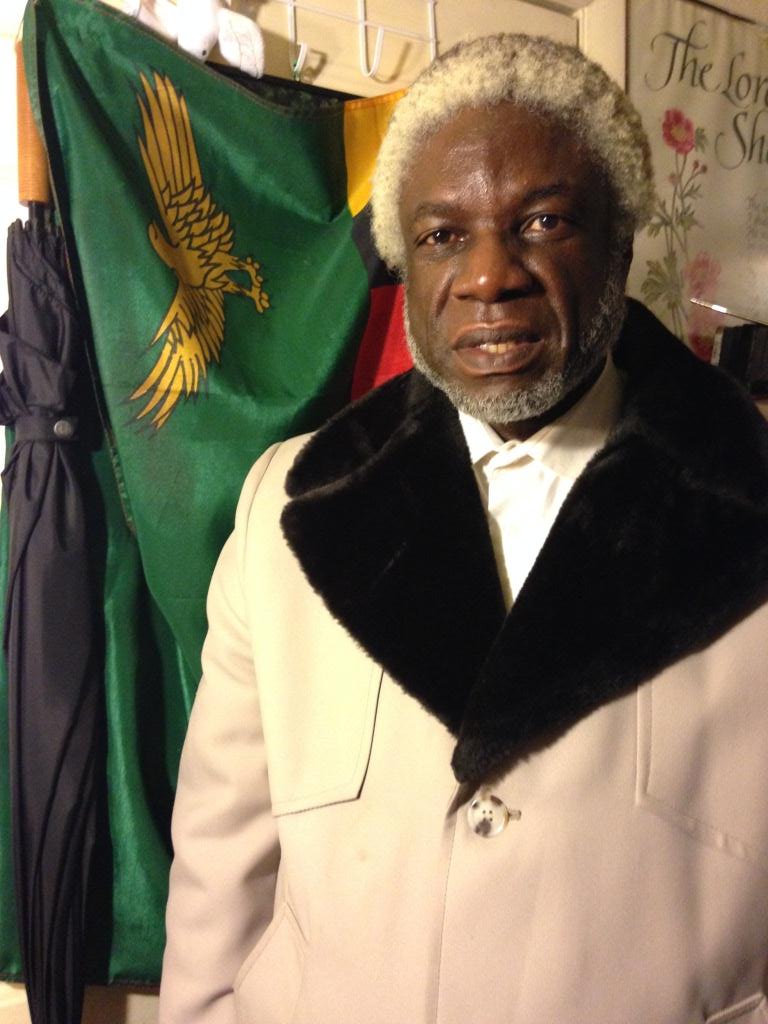Ministers Should Not Be Appointed from Parliament
Notice: Undefined index: catFilterList in /home/zambi/public_html/wp-content/plugins/wp-likes/api.php on line 243

Henry Kyambalesa
By Henry Kyambalesa, Wednesday, 18th August, 2010
I AM shocked by the National Constitutional Conference’s decision to retain Articles and Clauses in the 1996 Republican constitution which require the president to make appointments to ministerial positions from elected or nominated members of parliament. Such Articles and Clauses are outdated, backward and outrageous for a burgeoning democratic system like ours.
The appointment of the Vice President, Provincial Ministers and Deputy Ministers should be from Zambians who are qualified to be elected as members of parliament (MPs), but who are not MPs for the following reasons:
(a) It can afford a Republican president or President-elect a larger pool of competent people from which he or she can appoint ministers;
(b) It can provide for greater separation of powers between the legislative and executive branches of the government;
(c) It can afford presidential aspirants enough time to identify potential ministerial appointees well before tripartite elections rather than waiting for parliamentary elections to be concluded;
(d) It can lead to distribution of income to more citizens and thereby reduce existing income disparities; and
(e) It can reduce the apparent work overload on government officials who have to handle both ministerial and parliamentary functions. (Instead of increasing the number of constituencies because some constituencies are assumed to be too large to be handled by a single MP, would it not be wise for MPs to tend exclusively to their legislative functions?)
Apart from failure to discern the benefits of such a change and the apparent resistance to change, the opposition to the proposal concerning the appointment of ministers from the general public at large seems to be aimed at according greater control of the legislative arm of the government by the Republican president through ministers, and protecting the president from impeachment.
McDonald Chipenzi, for example, has quoted Ms. Mutale Nalumango as having said that the government rejected the recommendation to appoint ministers from outside parliament, saying doing so would put the president in a precarious position because he or she would have no control over parliament and, in the case of an impeachment motion, he or she would be vulnerable. (McDonald Chipenzi, “Government Rejects Recommendation by the Mwangala Zaloumis led Electoral Review Technical Commission (ERTC) to Reduce Voting Age,” The Post Online, February 26, 2005.)
And the argument by Gabriel Namulambe that “it would be difficult for ministers who are appointed outside parliament to execute their duties as they would not understand issues affecting people at the grassroots tells us volumes about the emptiness of some of the government officials who are appointed to serve the people. This is clearly an insult to so many competent and hardworking Zambians who actually understand the problems facing the citizenry and are diligently serving their fellow citizens every day in various positions, but are not MPs.
One does not really need to be an MP in order to understand the socio-economic problems facing the common people. It is, therefore, foolish for anyone to belittle the intellect and competence of Zambians who are not MPs to effectively serve their fellow citizens in ministerial positions.
There is actually the possibility that the ruling political party would want to use the Articles and Clauses relating to the appointment of government ministers as a campaign tool in 2011 by telling voters that they should not vote for presidential candidates from political parties which do not have a majority in parliament, because such candidates will have problems in finding competent individuals among their few MPs to form government.
We should, therefore, not be surprised if the MMD adds this issue to its current arsenal of rehearsed campaign tools, including the following: that we should not experiment with leadership; that the president needs more time to complete his projects and programs beyond 2011; that voters should not vote for presidential candidates from political parties which do not have a majority in parliament because they will not be able to pass new laws; that voters should vote for parliamentary candidates fielded by the ruling party because such candidates will have ready access to funding; that voters should not expect development to take place in their areas if they vote for candidates from opposition political parties; and that one can never become president unless he or she is meant to be.
I have a few caveats for voters who are likely to be hoodwinked by such meaningless campaign tools: many of the current crop of government leaders are deadwood and, therefore, do not hold the key to Zambia’s future; any new Republican president would be obliged to adopt and implement projects and programs initiated by previous administrations which are designed to benefit communities nationwide; any new Republican president would be able to run the country with existing laws; Zambia needs leaders who recognize citizens’ right to vote for candidates of their choice without being threatened that their communities will be excluded from the development process if they do not vote for candidates fielded by the ruling political party; and an individual can become president if he or she is meant to be only through coronation, not through genuine elections!
Ministers Should Be Appointed from the General Public
December 14, 2015























